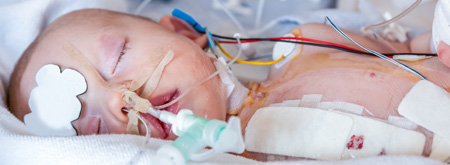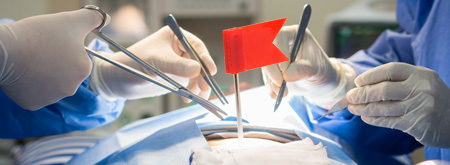Why Choose Janet, Janet & Suggs, LLC?
Janet, Janet & Suggs, LLC has uncovered the truth and won over three billion dollars in verdicts and settlements for clients across a wide range of extremely serious and complex cases. Our team of trial attorneys has a proven track record of taking on tough cases involving some of the nation’s largest and most prestigious organizations—and winning.
If you have a high-stakes medical malpractice, legal malpractice, birth injury, sexual abuse or other injury case, we can help hold those responsible accountable and deliver the full measure of justice you deserve. Our attorneys have been awarded dozens of national accolades for competence and ethics—and bring a record of delivering “historic” justice not just in clear-cut cases, but in cases where other preeminent law firms haven’t recognized the merits. Our in-house medical experts and years of experience in high-profile cases provide us with an advantage that works in your favor.
As a national law firm with a 40 year track record, we have the financial wherewithal to advance substantial case costs on your behalf in order to put you in the best possible position to recover the compensation you deserve. And you’ll never have to pay attorneys’ fees or case costs unless your case is won.
We treat every client with the care and compassion we would want for ourselves and our families.
$842.4 Million
University of Southern California/Dr. George Tyndall Sexual Abuse
$200 Million
New England Compounding Center Fungal Meningitis Settlement
$190 Million
Dr. Nikita Levy Class Action Settlement
$100s of Millions
Dangerous Drugs Verdicts and Settlements
$48 Million
Federal Racketeering Lawsuit Settlement
$35.9 Million
Construction Site Paralysis Verdict
$33.5 Million
Delayed C-Section Verdict
$24 Million
Failure to Diagnose Verdict
Tens of Millions
Cancer Misdiagnosis Verdicts and Settlements
Meet the Team
What Our Clients Are Saying About Us
How Can We Help You?
Get Your Free Case Evaluation Now
Featured in:






































